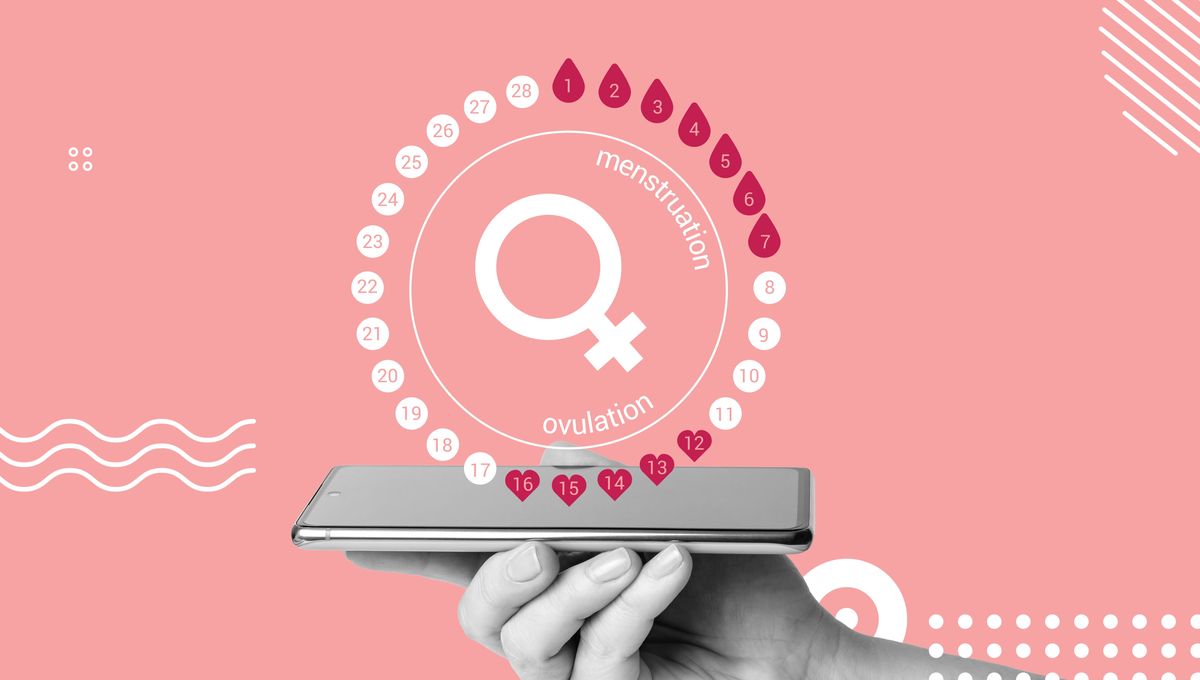New data from England and Wales has identified an increase in women seeking abortions after using “natural” birth control methods – things like menstrual cycle tracking, and systems that use body temperature fluctuations to predict fertility. These methods are known to be less effective than other options like hormonal contraceptives and condoms, so there was some concern that rising interest in them could lead to more unintended pregnancies.
There’s anecdotal evidence that so-called “natural” contraception is becoming more popular, thanks in part to product promotion by social media influencers.
“The market [for “natural” contraceptives] has exploded,” lead author Dr Rosie McNee told the BBC. “There are hundreds of them and some are more reliable than others. Plus you don’t need a prescription, and so you may not get all the information you need.”
As the authors highlight, the failure rates of these methods vary widely, from two to 23 in every 100 women in the first year of use. By contrast, birth control pills or implants have first-year failure rates of around seven in 100, and intrauterine devices are even more reliable at less than one in 100.
At the same time as more women appear to be moving away from traditional contraception, there have been some observed changes in people requesting abortions in England and Wales. To investigate any potential link, the authors used data from the British Pregnancy Advisory Service (BPAS), a charity that provides pregnancy termination as well as a range of other reproductive health services. Discussions about what, if any, birth control methods a person has been using are a routine part of a consultation about an abortion.
Two cohorts were compared: a group of almost 33,500 patients accessing care between January 1 and June 30, 2018; and a group of just over 55,000 who sought abortions between January 1 and June 30, 2023.
Fewer women aged 25 and under requested an abortion from the BPAS in 2023 than in 2018; however, while 62 percent of the women in 2018 were seeking an abortion for the first time, that fell to 59 percent in 2023.
More of the women in 2023 were requesting medical as opposed to surgical abortion, and significantly more of them were at seven or fewer weeks of pregnancy (59 percent vs. 36 percent).
But onto the main question: were the women in 2023 using different contraceptive methods?
“[We] found a significant reduction in the reported use of hormonal methods of contraception and an increase in the number reporting [fertility awareness-based methods],” the authors write.
In 2018, almost 19 percent of the patients were using hormonal birth control, and 3 percent were using a long-acting implant. In 2023, these figures were just over 11 percent and 0.6 percent, respectively. Nearly 70 percent of the 2023 cohort also reported using no birth control at all, significantly higher than 2018’s 56 percent.
Meanwhile, 2.5 percent of the 2023 patients said they had used a “natural” method, compared with just 0.4 percent in 2018.
We can’t say from these data whether increasing use of fertility awareness-based birth control is causing more women to seek abortions. Precise methods also weren’t recorded, so we don’t know specifically what products or systems the women were using. It’s also possible that some women are not avoiding hormonal contraception by choice – this could be an issue of access.
As the authors write, “The possible relationship between these less effective methods of contraception and unplanned pregnancy requires further investigation, and “informing the public about the efficacy of such methods in order to facilitate informed contraceptive choices is needed.”
The study is published in the journal BMJ Sexual & Reproductive Health.
Source Link: Women Seeking Abortions More Likely To Be Using “Natural” Birth Control Than 5 Years Ago
